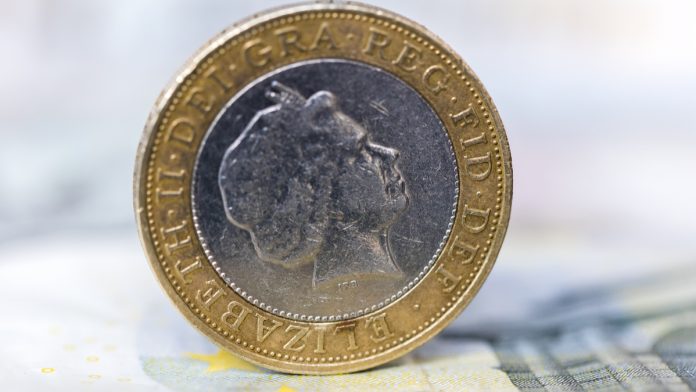After a rollercoaster previous session, the pound closed on Monday 0.1% lower than the euro. The pair ended at €1.1676. The pound was once again edging southwards in early trade on Tuesday.
| What do these figures mean? |
|---|
| When measuring the value of a pair of currencies, one set equals 1 unit and the other shows the current equivalent. As the market moves, the amount will vary from minute to minute. If the euro amount increases in this pairing, it’s positive for the pound. Or, if you were looking at it the other way around:1 EUR = 0.87271 GBPIn this example, €1 is equivalent to approximately £0.87. This measures the euro’s worth versus the British pound. If the sterling number gets larger, it’s good news for the euro. |
Prime Minister Theresa May had a bad day on Monday. Parliament voted 329 vs 302 in favour of ministers taking over the direction of Brexit. Theresa May didn’t even put her deal up for a third vote, under the clear assumption that it would be defeated again.
Instead the House of Commons has seized control of the direction of Brexit. On Wednesday, ministers will vote for their preferred Brexit option in a series of indicative votes. This means that a softer version of Brexit, a second referendum or even Brexit being cancelled are now increasingly more likely.
| Why is a “soft” Brexit better for sterling than a “hard” Brexit? |
|---|
| A soft Brexit implies anything less than UK’s complete withdrawal from the EU. For example, it could mean the UK retains some form of membership to the European Union single market in exchange for some free movement of people, i.e. immigration. This is considered more positive than a “hard” Brexit, which is a full severance from the EU. The reason “soft” is considered more pound-friendly is because the economic impact would be lower. If there is less negative impact on the economy, foreign investors will continue to invest in the UK. As investment requires local currency, this increased demand for the pound then boosts its value. |
However, this process is expected to be fraught with tension. 3 ministers have resigned and there are callings for a general election. Theresa May’s authority is extremely low. A general election would be negative for the pound given the political uncertainty which it brings.
With no economic data to distract investors, Brexit will remain the key driving force for the pound today.
Improved German Data Supports Euro
The euro picked up in the previous session after Friday’s sharp sell off. The euro advanced on the back of better than expected German sentiment data. The figures showed that the business climax index rose to 99.6 in March, up from an upwardly revised 98.7 in the previous month. The current assessment part of the survey and the Expectations, also moved higher, beating analysts estimates. This is some welcomed good news for the German economy, which has been tilting towards a recession in recent months. Data on Friday showed that manufacturing in Germany was falling deeper into contraction amid the challenges of Brexit and slowing global growth.
Today investors will look towards German GFK sentiment data. Analyst are expecting consumer confidence to remain steady at 10.8. Another solid number could help lift the euro.
| Why does strong economic data boost a country’s currency? |
|---|
| Solid economic indicators point to a strong economy. Strong economies have strong currencies because institutions look to invest in countries where growth prospects are high. These institutions require local currency to invest in the country, thus increasing demand and pushing up the money’s worth. So, when a country or region has good economic news, the value of the currency tends to rise. |
This publication is provided for general information purposes only and is not intended to cover every aspect of the topics with which it deals. It is not intended to amount to advice on which you should rely. You must obtain professional or specialist advice before taking, or refraining from, any action on the basis of the content in this publication. The information in this publication does not constitute legal, tax or other professional advice from TransferWise Inc., Currency Live or its affiliates. Prior results do not guarantee a similar outcome. We make no representations, warranties or guarantees, whether express or implied, that the content in the publication is accurate, complete or up to date. Consult our risk warning page for more details.
This article was initially published on TransferWise.com from the same author. The content at Currency Live is the sole opinion of the authors and in no way reflects the views of TransferWise Inc.





